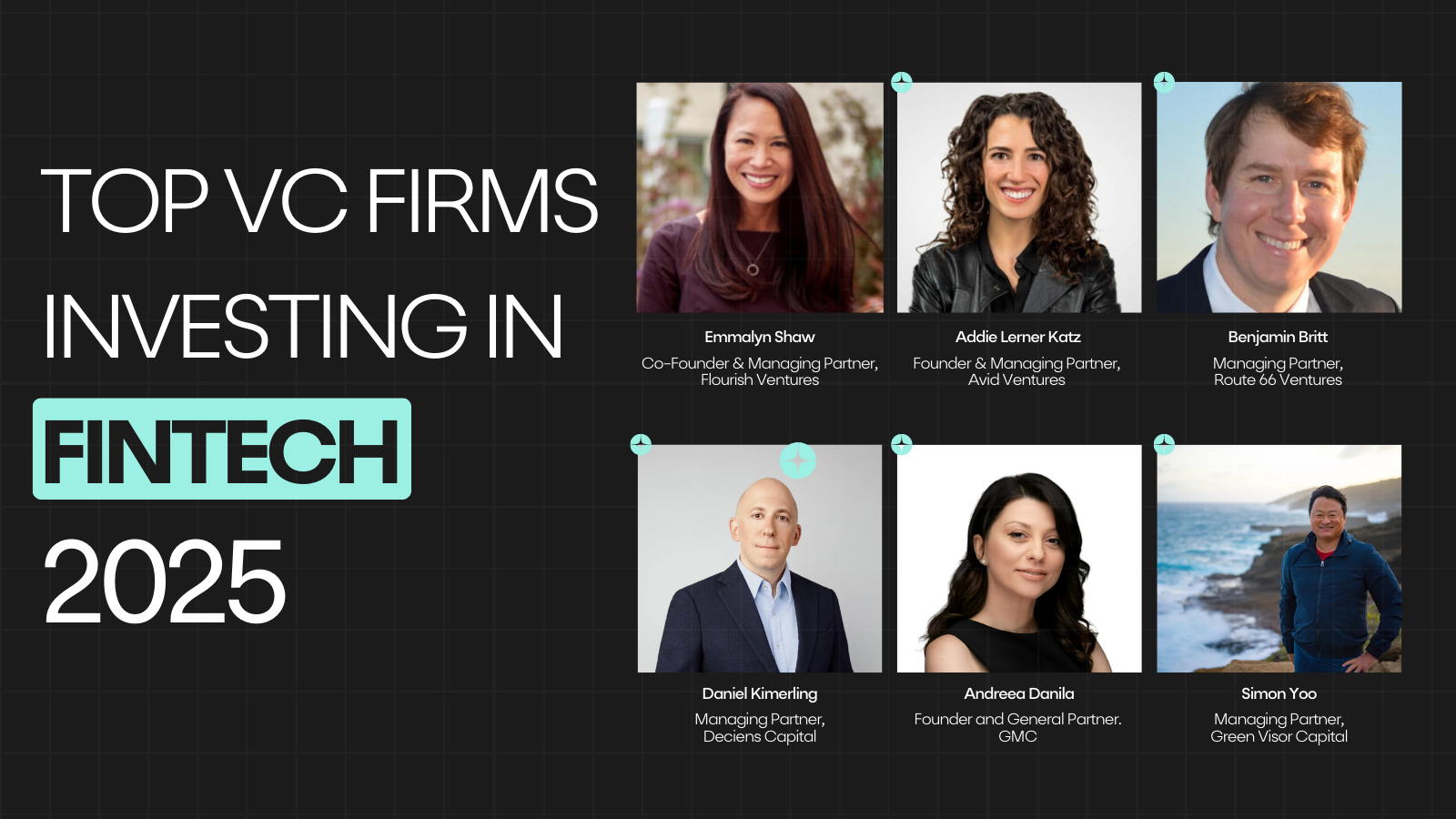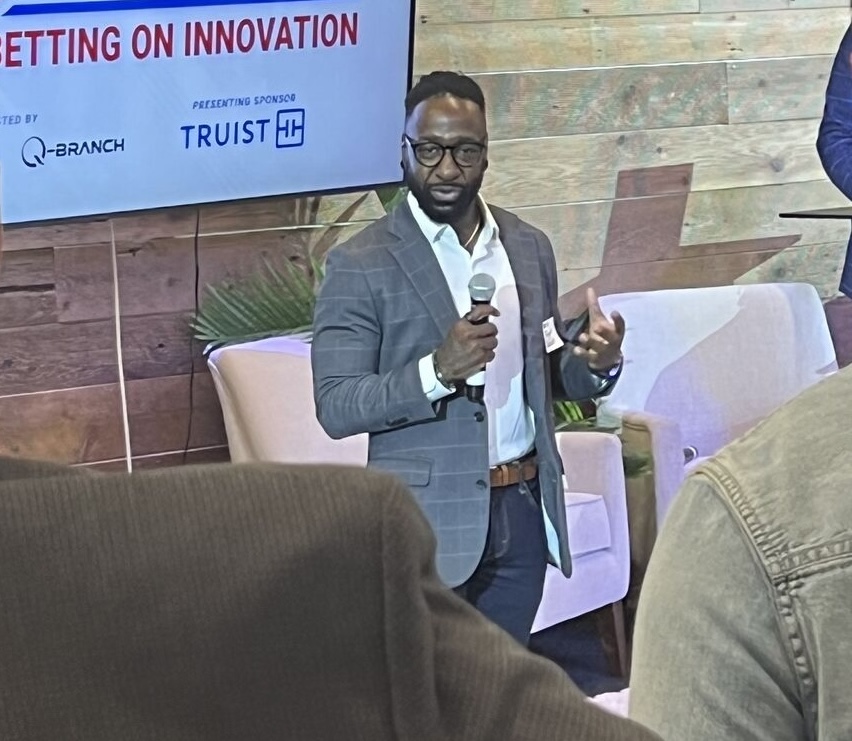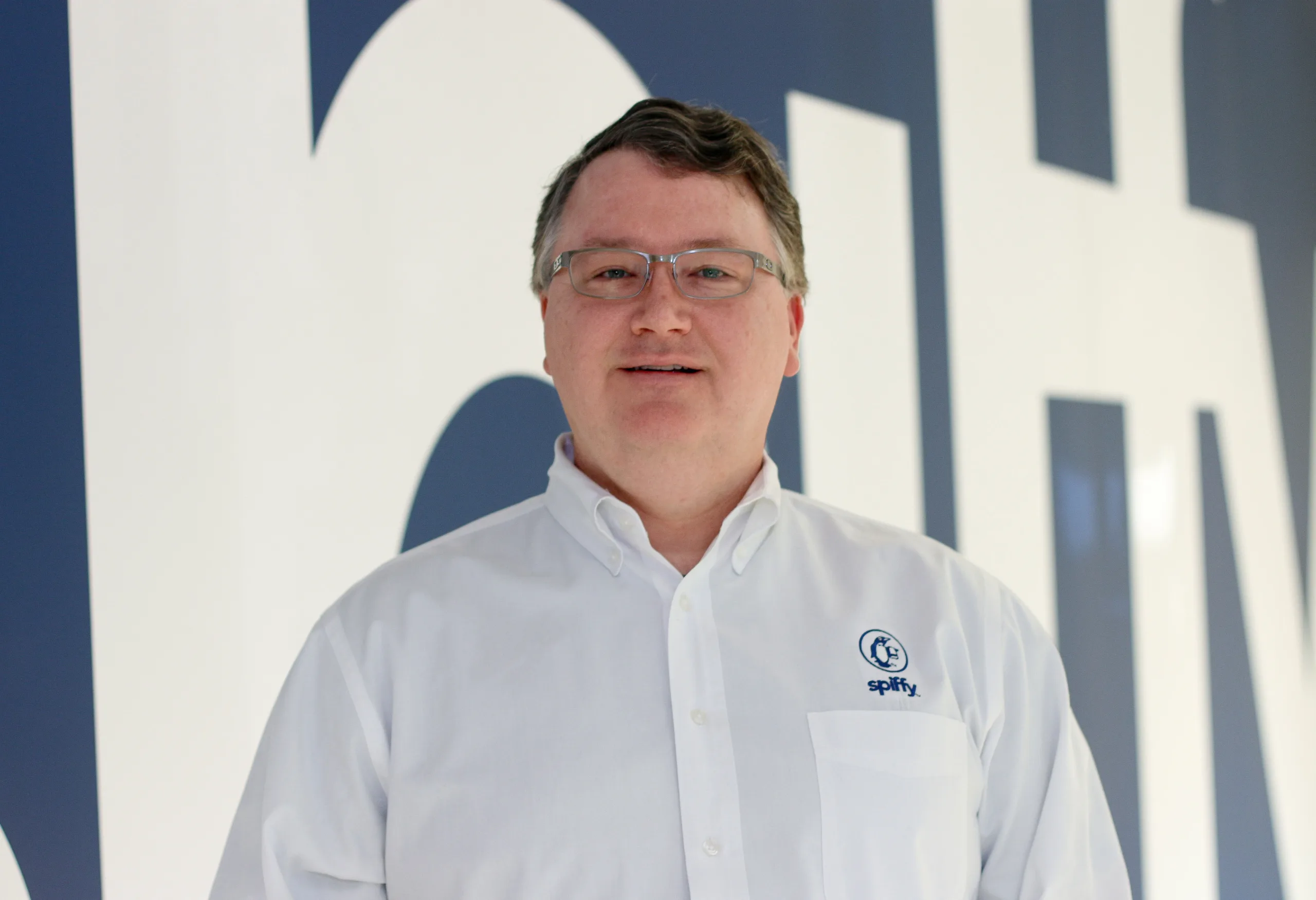New Pattern Magazine
Redefining what's possible

Featured
35+ Top Health Tech Seed Funds - The Definitive List for 2025
This is a definitive and well-researched list of top health tech seed venture capital investors according to data.
.png)
Featured
Beta Boom Leads Guidepad’s Pre-Seed Round
Beta Boom invests in Guidepad, a next-generation platform engineering platform that simplifies deploying and managing complex infrastructure. Used by organizations including the NSA, Guidepad unifies cloud, edge, on-prem, APIs, and workflows into a single interface. Learn how self-made founders Reggie Wilkerson and Mat Citrarella are transforming enterprise and government infrastructure.
Founder Spotlight
Authentic journeys of entrepreneurs building innovative companies against all odds.
VC Spotlight
See what drive the VCs behind early-stage, growth, and pre-seed investments.
Startup Fundraising
Advice and insights on raising capital for your startup.
Startup Marketing
Strategies and tactics to grow your startup and reach customers.
Rising Tech Hubs
Emerging tech ecosystems beyond Silicon Valley.



.png)





.png)
.png)


.png)



.png)

.png)










